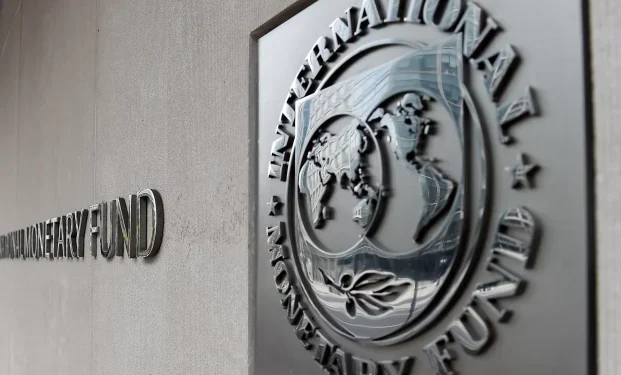IMF Programme Adherence Remains Pivotal to Ghana’s Economic Stability – Deloitte
Ghana’s continued adherence to the International Monetary Fund (IMF) programme remains pivotal to sustaining macroeconomic stability and investor confidence, according to Deloitte’s latest Macroeconomic Outlook.
The global consulting firm noted that “commitment to programme is key to maintaining macroeconomic stability and investor confidence,” stressing the central role of the Fund-supported programme in guiding Ghana’s economic recovery efforts.
Deloitte further indicated that with inflation on a sustained downward path, the Bank of Ghana (BoG) may consider easing its benchmark monetary policy rate to stimulate credit growth and spur private sector investment.
“Falling inflation could provide scope for a potential interest rate reduction, which would help boost credit growth and private sector investment,” the report stated.
On the sectoral front, Deloitte projects a positive growth trajectory, particularly for Agriculture and Services, conditional on targeted interventions and policy support.
The Agricultural sector, Deloitte said, stands to benefit significantly from government-backed programmes such as the “Feed Ghana Agenda” and expanded irrigation infrastructure. However, the cocoa sub-sector is expected to face headwinds from pests and diseases, which could limit output.
Despite these risks, the firm noted that elevated global cocoa prices may offset potential revenue losses from lower production volumes.
“The high global cocoa price may help cushion the impact of low production output on export revenues,” it added.
In the Services sector, growth is projected to be sustained by continued digitalisation and the expansion of mobile financial services. However, Deloitte observed that the sector’s contribution to overall GDP is expected to decline as the government intensifies efforts to boost output in Agriculture and Industry.
“The sector’s share of overall GDP is likely to decline as the government pursues its economic transformation agenda, hinged on driving growth in the Industry and Agriculture sectors,” the report said.
For the Industry sector, Deloitte cited ongoing global geopolitical tensions, particularly in the Middle East, as a risk factor that could disrupt oil supply chains, thereby pushing up domestic fuel and transport costs.
In light of declining oil output, the report emphasised the importance of economic diversification to shield the economy from external shocks.
“The contraction in oil output highlights the urgency for economic diversification to mitigate exposure to commodity price shocks and production volatility,” Deloitte warned.
It further noted that the non-oil sector’s resilience will remain key to the country’s overall economic performance.
“The dynamic nature of the non-oil sector is paramount for Ghana’s economic stability and is expected to remain the crucial driver of Ghana’s economic growth, as well as vital to buffer against shocks,” it observed.
Ghana recorded a 5.3% real GDP growth in the first quarter of 2025, the highest first-quarter growth rate since 2020. This compares to 4.9% in Q1 2024 and 3.6% in Q4 2024.
Government has set a real GDP growth target of 4.0% for the end of 2025.









these institutions should leave Africa alone